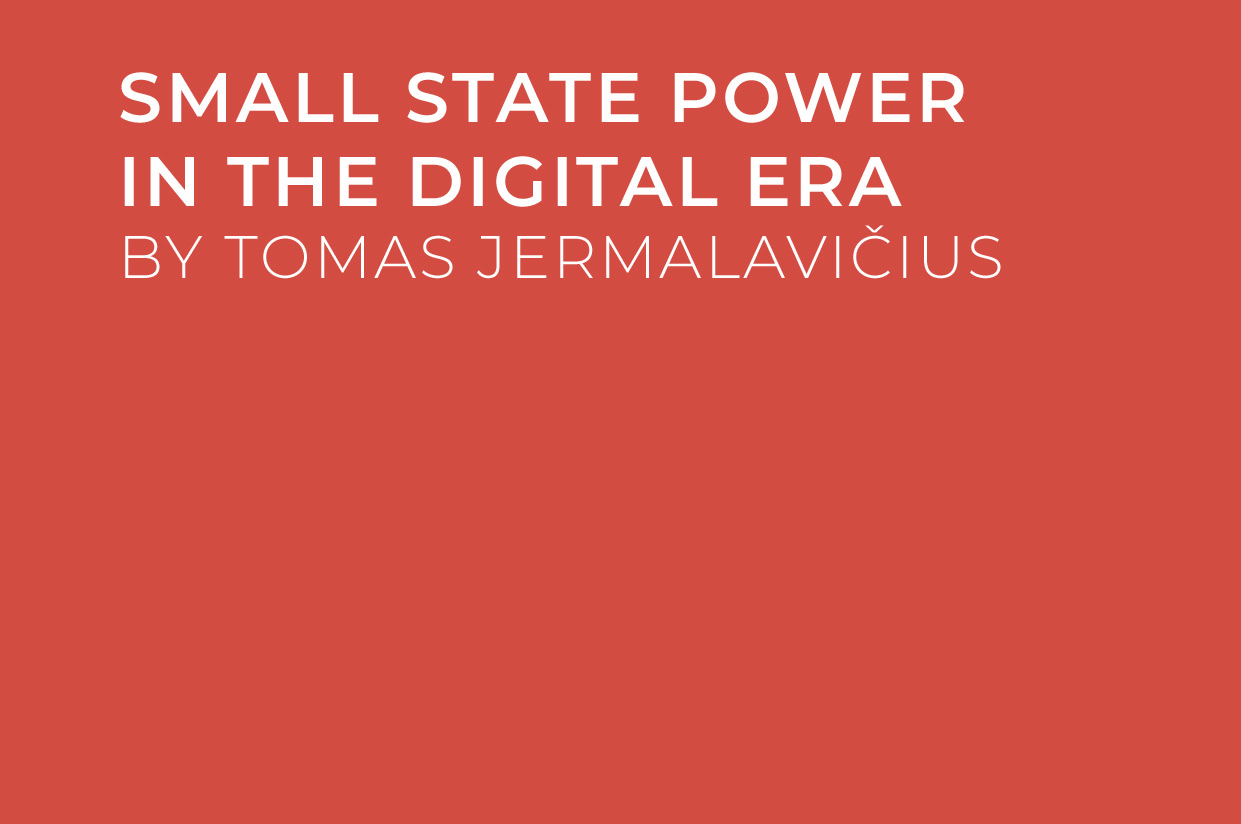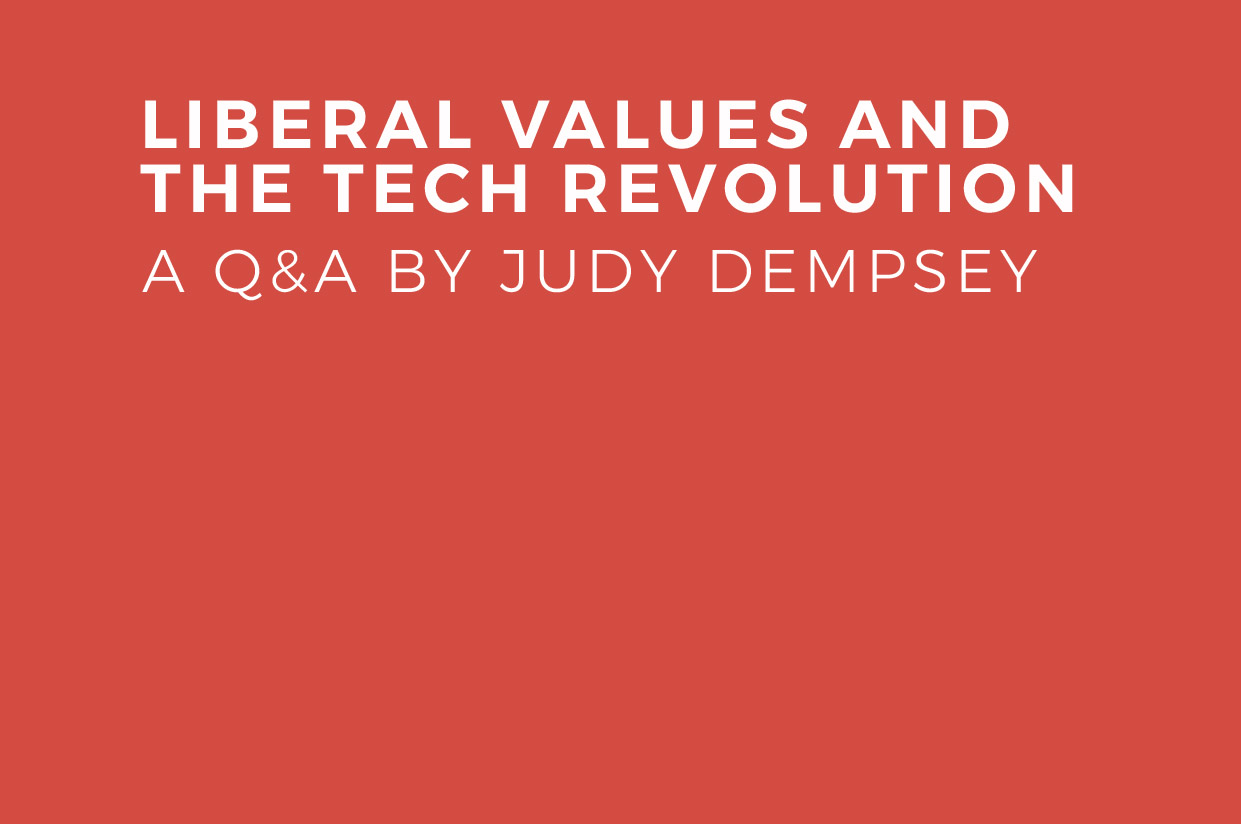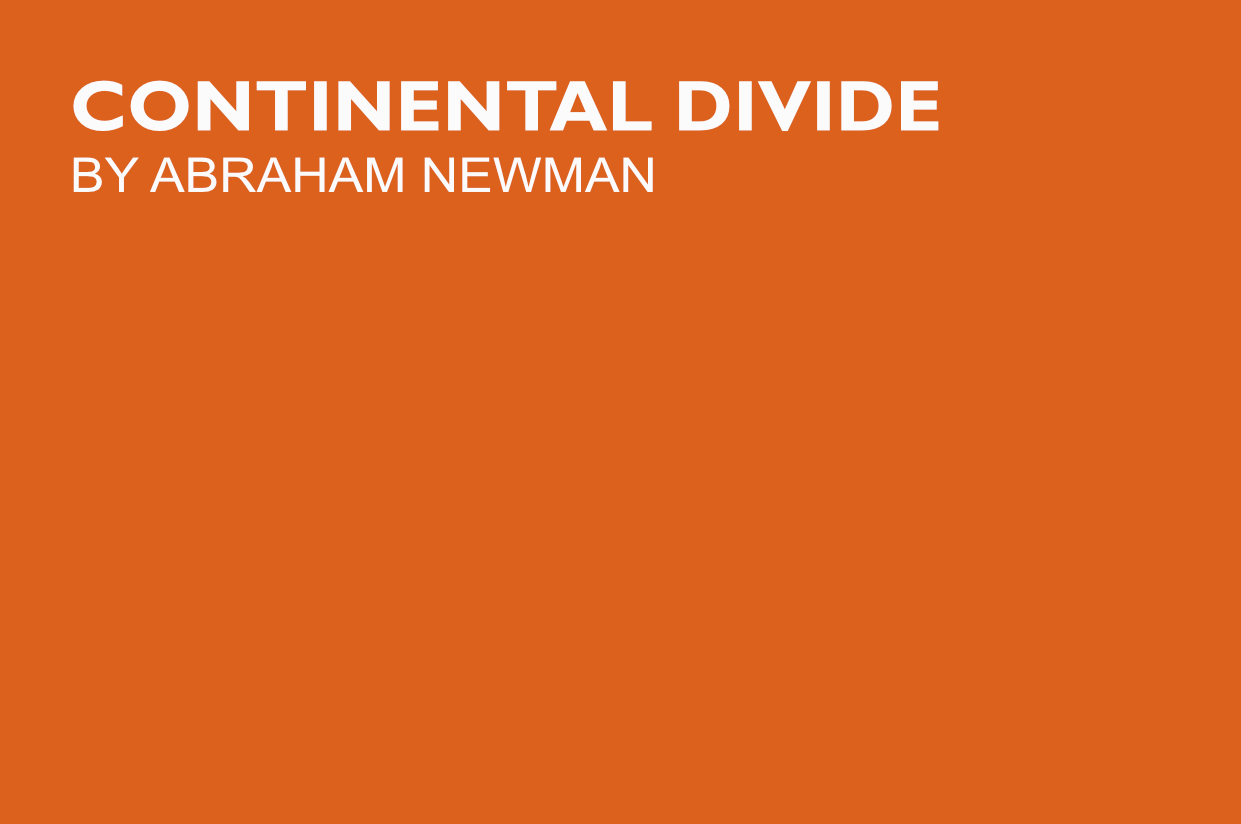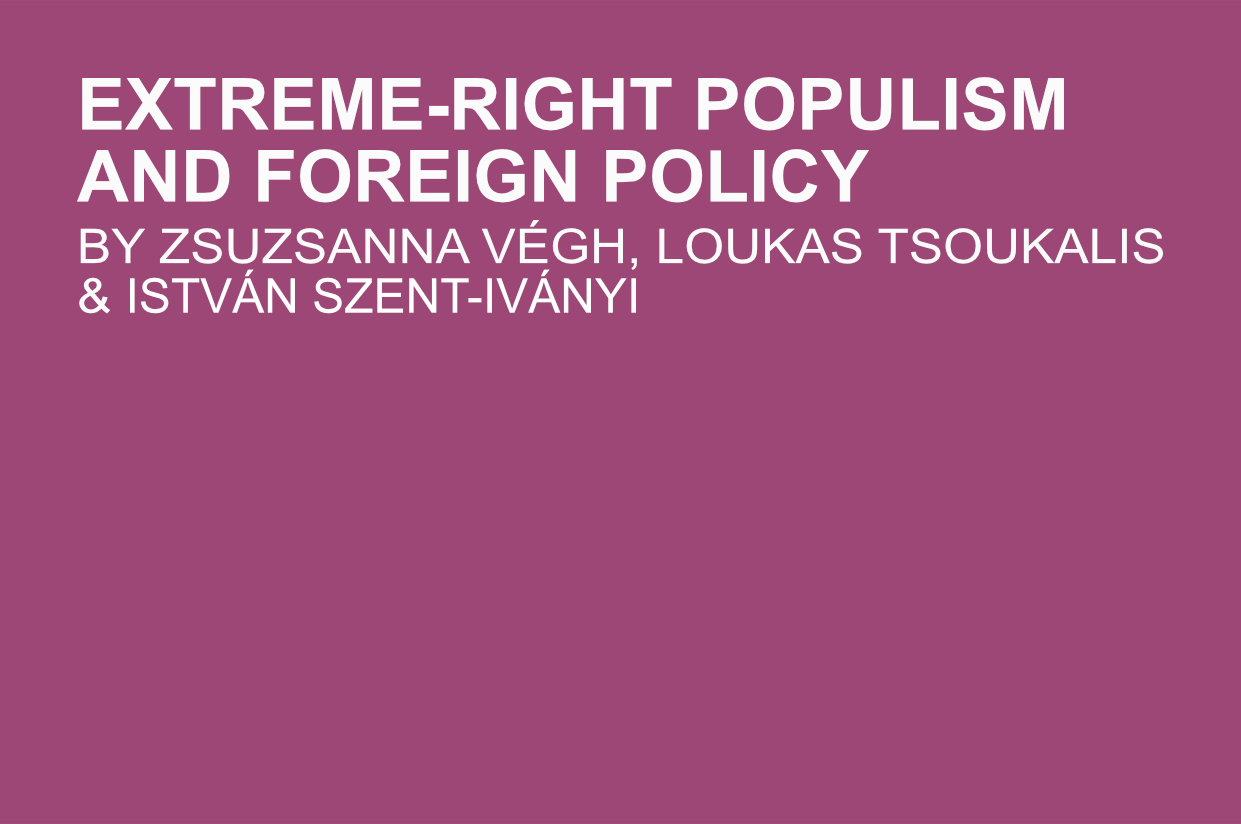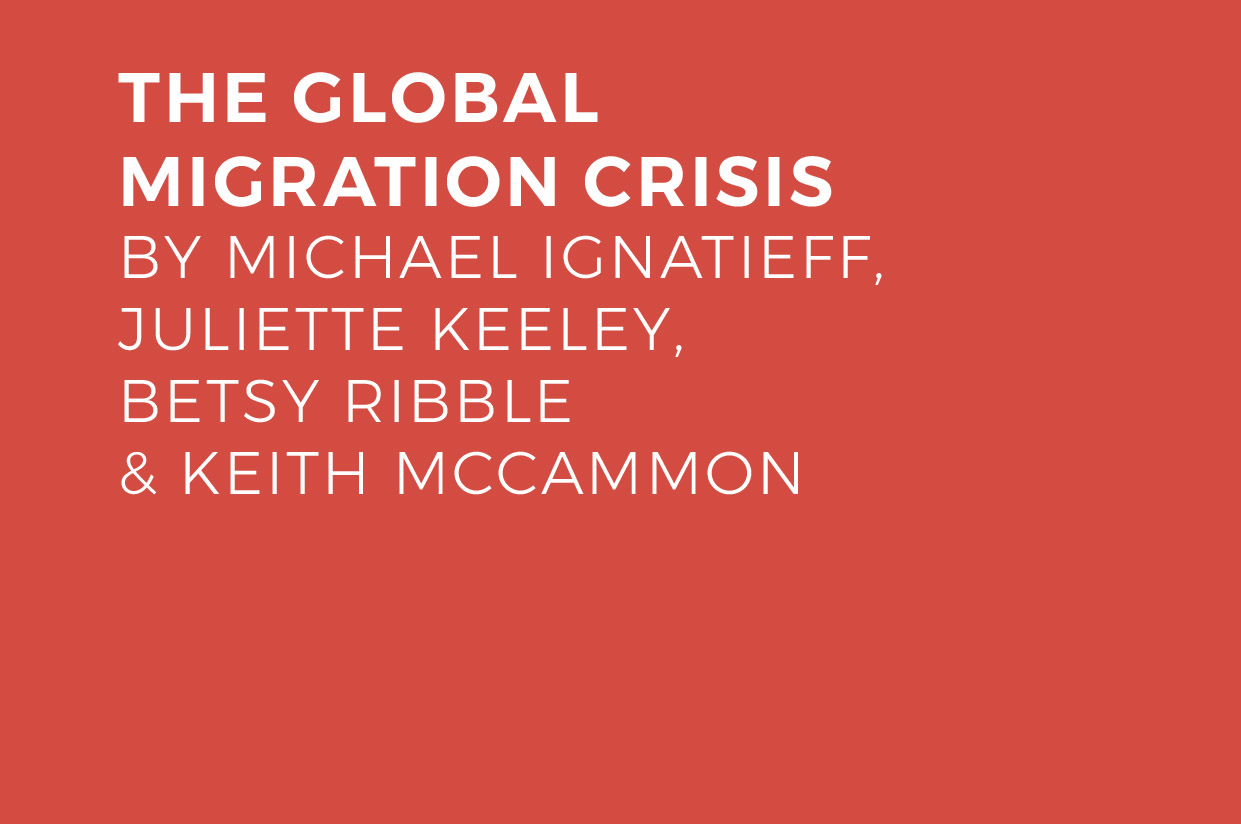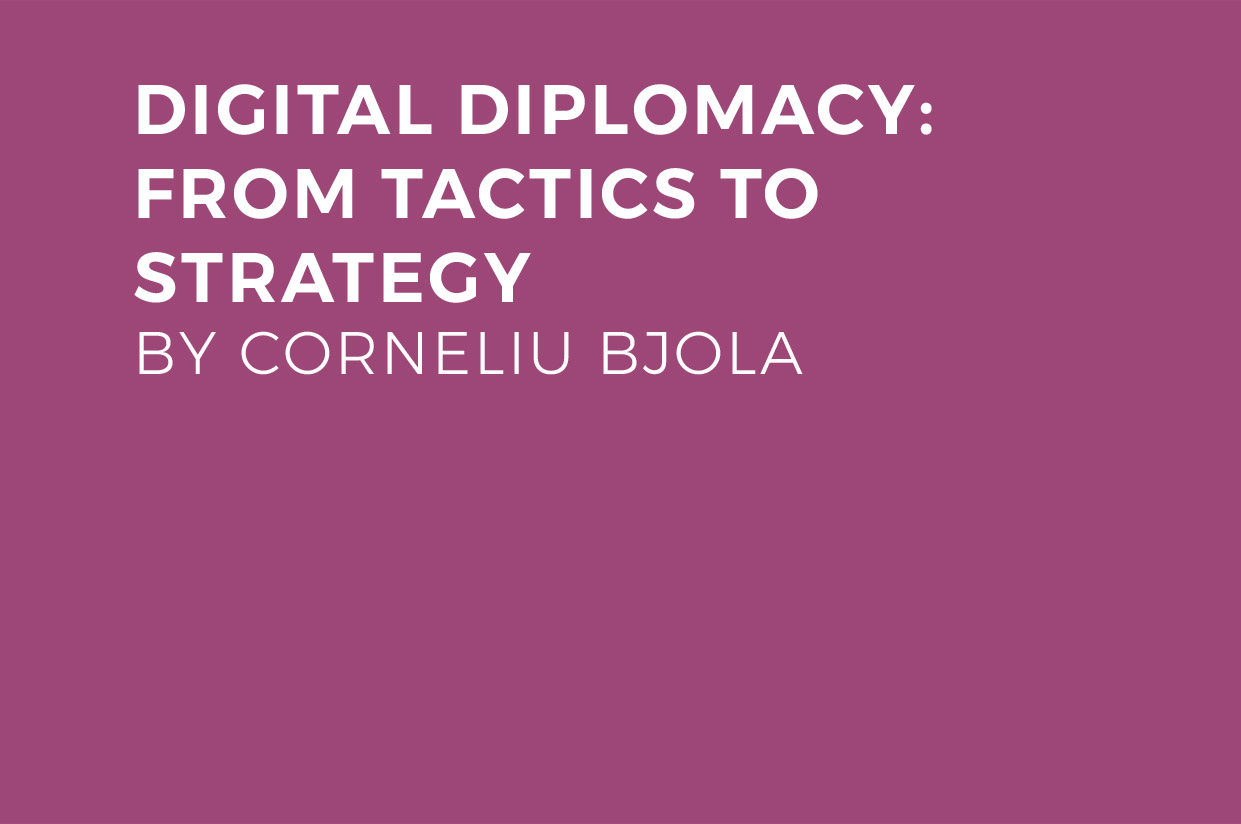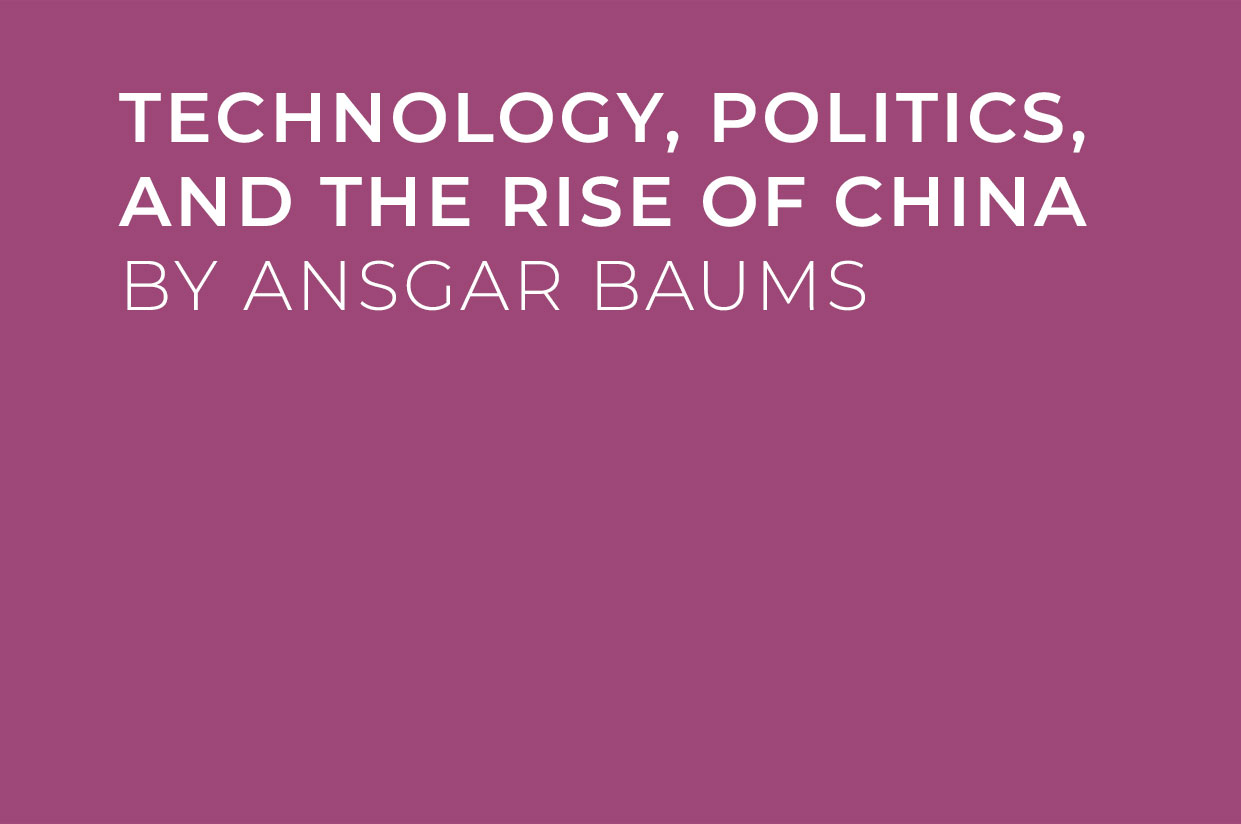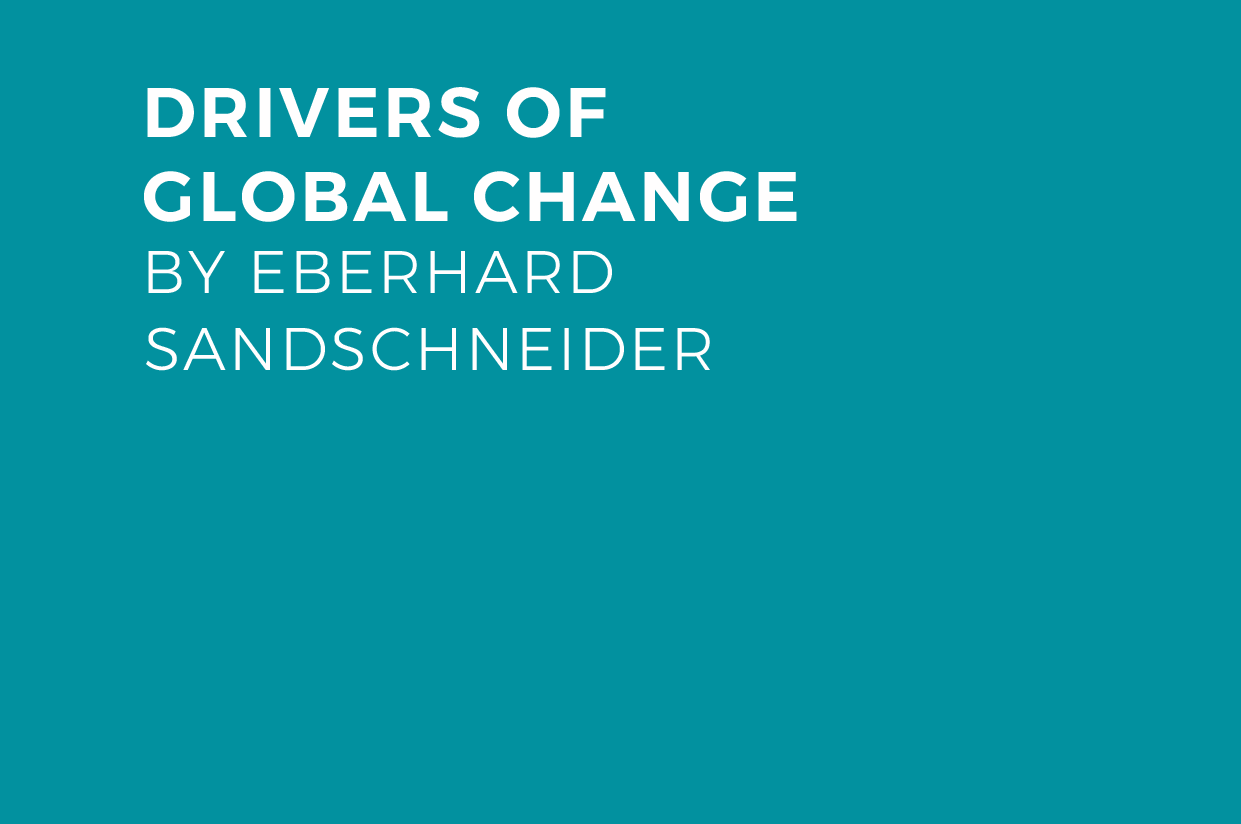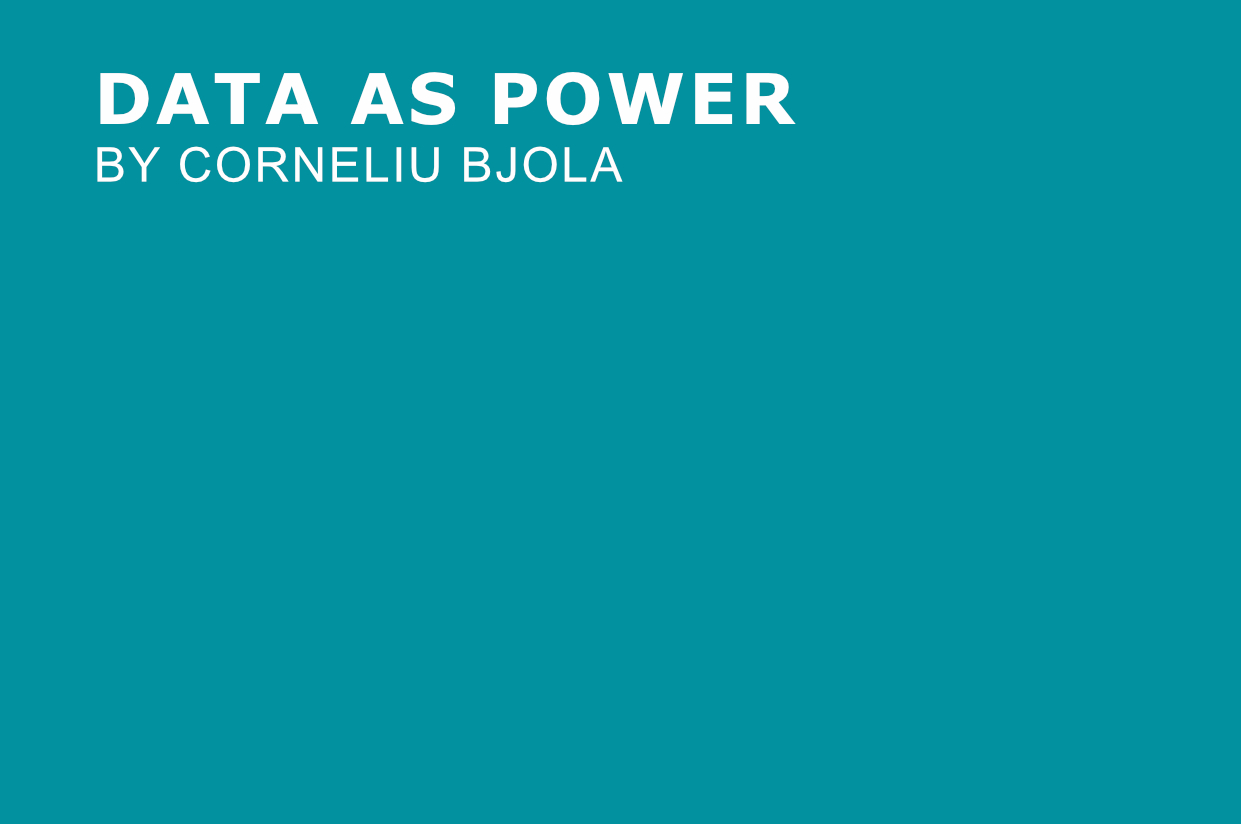
Data as Power
The need for digital cooperation in a changing world order
By Corneliu Bjola
In today’s interconnected world, data is often deemed the “new oil,” a powerful instrument of statecraft that can be wielded for economic gains and geopolitical influence.[1] A 2020 McKinsey report estimated that the adoption of open-data ecosystems for finance could boost the GDP of the European Union, United Kingdom, and United States by 1 to 1.5 percent by 2030.[2] Similarly, a PwC report projected that artificial intelligence (AI), which relies on data, could contribute up to $15.7 trillion to the global economy by 2030, more than the current output of China and India combined.[3] Furthermore, data is increasingly viewed not only as source of economic wealth but also as geopolitical leverage. Consider China’s Digital Silk Road initiative (DSR), which aims to expand China’s digital infrastructure and services across Asia, Africa, Europe, and Latin America by providing loans, investments, and technical assistance for projects such as fiber-optic cables, data centres, smart cities, e-commerce platforms, and surveillance systems.[4] China claims that this initiative will promote connectivity, cooperation, and development among participating countries, but critics argue, with good justification, that it will also enable China to access and control large amounts of data from other regions and to leverage its technological standards and norms to gain political and economic influence.[5]
How can we grasp the notion that data equals power? Is it because data is abundant, diverse, and fast-moving? Is it because data can provide real-time insights for decision-making? Or does it revolve around the strategic advantage that states can attain by learning how to expertly collect and process data to advance their interests?
In their seminal work on the concept of weaponized interdependence, Henry Farrell and Abraham Newman scrutinize some of these aspects through the lens of financial data and internet infrastructure.[6] Their findings firmly suggest that data is a form of power because it enables states to leverage their position within an interconnected network to attain a bargaining advantage over others. This advantage may be achieved through a combination of the features mentioned above: gathering information, controlling access, exploiting vulnerabilities, compelling policy change, and deterring adverse actions. While I agree with Farrell and Newman’s conclusions, I would like to suggest that their view of data as a “negative” form of power—focused on raising transaction costs and inflicting harm on adversaries for policy concessions—is not the only way to understand the power of data. Another dimension has a more “positive” connotation: the power of data to create opportunities for growth and foster cooperation. The negative and positive aspects of data as power are not mutually exclusive but rather work together and influence each other.
The negative and positive aspects of data as power are not mutually exclusive but rather work together and influence each other.
First of all, scale matters in the case of digital economies, because it allows companies to leverage data for innovation, efficiency, and value creation. But data localization (i.e., the requirement that data be stored and processed within a given country or region) and data standardisation (i.e., setting specifications for data formats, protocols, and interfaces) can limit the opportunities for growth by creating barriers to cross-border data flows and reducing interoperability among digital eco-systems.[7] These regulations can have various legitimate policy objectives, such as protecting privacy, national security, or local economies,[8] but they can also fragment the digital space and increase the costs and complexity of doing business globally.[9] For example, data localization requirements in China prevent foreign companies from accessing the large and growing Chinese market, while data standardization requirements in the EU can impose high compliance costs on companies that operate in multiple jurisdictions. To maximize scale and foster data value creation, some regional and international initiatives have been launched to harmonize data governance frameworks and facilitate data sharing. The EU has recently adopted the Data Governance Act that aims to create a single market for data in key sectors, such as health, environment, energy, agriculture, mobility, finance, manufacturing, public administration, and skills, involving both private and public entities.[10] The Digital Cooperation Organisation (DCO), a new alliance of eight countries launched in Nov 2020, based in Riyadh and accounting for a combined population of more than half a billion people, seeks to promote digital transformation and cooperation in areas such as cloud computing services, artificial intelligence, cybersecurity, and e-commerce.[11] The main difference between these two approaches is that the EU focuses on protecting the rights and interests of individuals and communities over their data, while the DCO emphasises the role of the public and private sectors in driving digital innovation.
Second, data is the lifeblood fueling innovation. In his recent article on why technology will define the future of geopolitics, former Google CEO Eric Schmidt argues that data is a key driver of innovation power, which he defines as the ability to invent, adopt, and adapt new technologies.[12] His argument makes good sense, because data plays a crucial role in enabling scientific discoveries. In turn, they contribute to economic growth and help tackle global challenges, such as climate change, health, or security, by providing evidence-based solutions and policies. Leveraging the vast volume of available data, Artificial Intelligence (AI) has become a game-changer for accelerating innovation and creating new sources of power and cooperation. It uses data to perform tasks and processes faster, more accurately, and more consistently than humans. Data also facilitates cooperation among researchers and innovators across disciplines and domains, who can share insights to solve complex problems. Data-driven innovation (DDI) is now viewed as a key pillar of economic growth. According to the OECD, DDI can redefine our intelligence capacity and our social and economic landscapes, spurring new industries, processes, and products.[13]
The COVID-19 pandemic provides a good illustration of how these aspects can come together. Data from various sources, such as genomic sequencing, clinical trials, and contact tracing, helped scientists understand the coronavirus and develop vaccines and treatments. Artificial intelligence helped to accelerate the research process by analyzing large amounts of data, identifying patterns and insights, and generating hypotheses and solutions. Data also enabled cooperation among researchers and innovators across disciplines and domains, who shared data and insights through platforms and networks such as the COVID-19 Data Portal,[14] COVID-19 High Performance Computing Consortium,[15] and COVAX initiative.[16]
These arguments make the case that data is indeed a source of power, but one that serves as a catalyst rather than an obstacle for cooperation. By aligning data governance principles and practices across borders, countries can create more value from data and foster trust, collaboration, and innovation in the global digital sphere. One could thus argue that the fundamental question at hand is not whether either digital cooperation or weaponized interdependence are inevitable, but rather what factors may tilt the “geopolitical needle” towards one side over the other. Paralleling the discussion in IR theory about complex interdependence,[17] it could be argued that the formation of cross-cutting networks of transnational actors and international regimes might be able to stabilize and possibly mitigate geopolitical rivalries in the digital realm. Additionally, the role of states and international organizations (IO) in guiding or calibrating this process on a constructive trajectory deserves close consideration as well.
By aligning data governance principles and practices across borders, countries can create more value from data and foster trust, collaboration, and innovation in the global digital sphere
While these questions are too complex to be investigated in full here, it would be nevertheless valuable to offer a few considerations of how the EU could potentially contribute to facilitating this process. For example, the EU can leverage its Global Gateway strategy to support the development of digital infrastructure and regulatory frameworks that respect democratic values and human rights in partner countries, especially in Africa and Asia. This could help create alternative and resilient digital networks that might reduce the dependence on and vulnerability to China’s Belt and Road Initiative and Digital Silk Road. The EU can also promote its vision of a human-centric approach to digital technologies in relevant multilateral fora and platforms such as the G7, UN, OECD, WTO, and the Internet Governance Forum.[18] This would help advance global norms and standards that can counter China’s authoritarian model of digital governance and surveillance. The EU could also foster cross-cutting networks of transnational actors and international regimes that can facilitate data and insight sharing, innovation, and coordination on digital issues. For example, in addition to strengthening its digital partnerships with like-minded countries such as Japan, Singapore, India, Australia, Canada, and the US,[19] the EU should also seek to develop sectoral agreements with nascent institutional networks from the Global South, including the Digital Cooperation Organization or the South-South and Triangular Cooperation networks supported by the UN and the ITU.[20] These partnerships can foster joint work on critical areas such as semiconductors, AI, data flows, digital trust, standards, trade facilitation, skills, and public services.
Notwithstanding the challenges posed by current geopolitical tensions, it is important to recognize that the international digital order remains dynamic and malleable. As this essay has argued, data holds significant power, capable of yielding both positive and negative impacts. But it is important to note that there remain opportunities for states and IOs to proactively enhance digital cooperation before it reaches a critical stage.
Corneliu Bjola Associate Professor of Diplomatic Studies at the University of Oxford and the Head of the Oxford Digital Diplomacy Research Group. He is also a Faculty Fellow at the Center on Public Diplomacy at the University of Southern California and a Professorial Lecturer at the Diplomatic Academy of Vienna. His latest publications are the two co-edited volumes: Oxford Handbook of Digital Diplomacy (Oxford University Press, 2023, with I. Manor) is Digital International Relations: Technology, Agency and Order (Routledge, 2023, with M. Kornprobst).
[1] Kiran Bhageshpur, “Data Is the New Oil – And That’s a Good Thing,” Forbes, November 15, 2019, https://www.forbes.com/sites/forbestechcouncil/2019/11/15/data-is-the-new-oil-and-thats-a-good-thing/?sh=dfb548873045
[2] Matt Higginson et al., “Financial Data Unbound: The Value of Open Data for Individuals and Institutions,” McKinsey & Company, July 15, 2020, https://www.mckinsey.com/industries/financial-services/our-insights/financial-data-unbound-the-value-of-open-data-for-individuals-and-institutions.
[3] PwC, “PwC’s Global Artificial Intelligence Study: Sizing the Prize,” 2017, https://www.pwc.com/gx/en/issues/data-and-analytics/publications/artificial-intelligence-study.html.
[4] David Gordon, Nouwens Meia (eds), “The Digital Silk Road: China’s Technological Rise and the Geopolitics of Cyberspace,” International Institute for Strategic Studies (IISS), Nov 2022, https://www.iiss.org/publications/adelphi/2022/the-digital-silk-road .
[5] John Hemmings “Reconstructing Order: The Geopolitical Risks in China’s Digital Silk Road,” The National Bureau of Asian Research (NBR), Jan 2020, https://www.nbr.org/publication/reconstructing-order-the-geopolitical-risks-in-chinas-digital-silk-road/.
[6] Henry Farrell and Abraham L. Newman, “Weaponized Interdependence: How Global Economic Networks Shape State Coercion,” International Security 44, no. 1 (2019): 42-79, https://doi.org/10.1162/isec_a_00351.
[7] United Nations Conference on Trade and Development (UNCTAD), “Digital Economy Report 2021: Value Creation and Capture in the Digital Economy,” September 2021, https://unctad.org/webflyer/digital-economy-report-2021.
[8] Erol Yayboke , Carolina G. Ramos , and Lindsey R. Sheppard, “The Real National Security Concerns over Data Localization,” Center for Strategic and International Studies (CSIS), July 23, 2021, https://www.csis.org/analysis/real-national-security-concerns-over-data-localization.
[9] OECD, “Data Localisation Trends and Challenges: Considerations for the Review of the Privacy Guidelines,” OECD Digital Economy Papers, no. 296 (2020), https://www.oecd.org/sti/data-localisation-trends-and-challenges-7fbaed62-en.htm
[10] European Commission, “European Data Governance Act,” accessed April 22, 2023, https://digital-strategy.ec.europa.eu/en/policies/data-governance-act.
[11] Digital Cooperation Organization, “About Us,” accessed April 22, 2023, https://www.dco.org/
[12] Eric Schmidt, “Innovation Power,” Foreign Affairs, February 28, 2023, https://www.foreignaffairs.com/united-states/eric-schmidt-innovation-power-technology-geopolitics.
[13] OECD, “Data-driven Innovation for Growth and Well-being: Interim Synthesis Report,” October 2014, https://www.oecd.org/sti/inno/data-driven-innovation-interim-synthesis.pdf.
[14] COVID-19 Data Portal, “Accelerating Scientific Research through Data,” accessed April 22, 2023, https://www.covid19dataportal.org/.
[15]COVID-19 High Performance Computing Consortium, “About Us,” accessed April 22, 2023, https://covid19-hpc-consortium.org/
[16] Gavi, the Vaccine Alliance, “COVAX Explained,” accessed April 22, 2023, https://www.gavi.org/covax-facility .
[17] Robert O. Keohane and Joseph S. Nye Jr., “Power and Interdependence Revisited,” International Organization 41, no. 4 (1987): 725-753, https://doi.org/10.1017/S0020818300027661.
[18] Council of the European Union, “EU Digital Diplomacy: Council Agrees a More Concerted European Approach to the Challenges Posed by New Digital Technologies,” Press release, July 18, 2022, https://www.consilium.europa.eu/en/press/press-releases/2022/07/ 18/eu-digital-diplomacy-council-agrees-a-more-concerted-european-approach-to-the-challenges-posed-by-new-digital-technologies/.
[19] Samuel Stolton, “Commission Updates EU Countries on Digital Diplomacy Initiatives,” EURACTIV.com, July 19, 2022, https://www.euractiv.com/section/digital/news/commission-updates-eu-countries-on-digital-diplomacy-initiatives/ .
[20] International Telecommunication Union (ITU), “Scaling up Digital Innovations through South-South and Triangular Cooperation,” accessed April 22, 2023, https://www.itu.int/en/ITU-D/Innovation/Pages/Scaling-up-Digital-Innovations-through-South-South-and-Triangular-Cooperation.aspx ; United Nations Office for South-South Cooperation (UNOSSC), “About Us,” accessed April 22, 2023, https://www.unsouthsouth.org/about/about-unossc/ .





